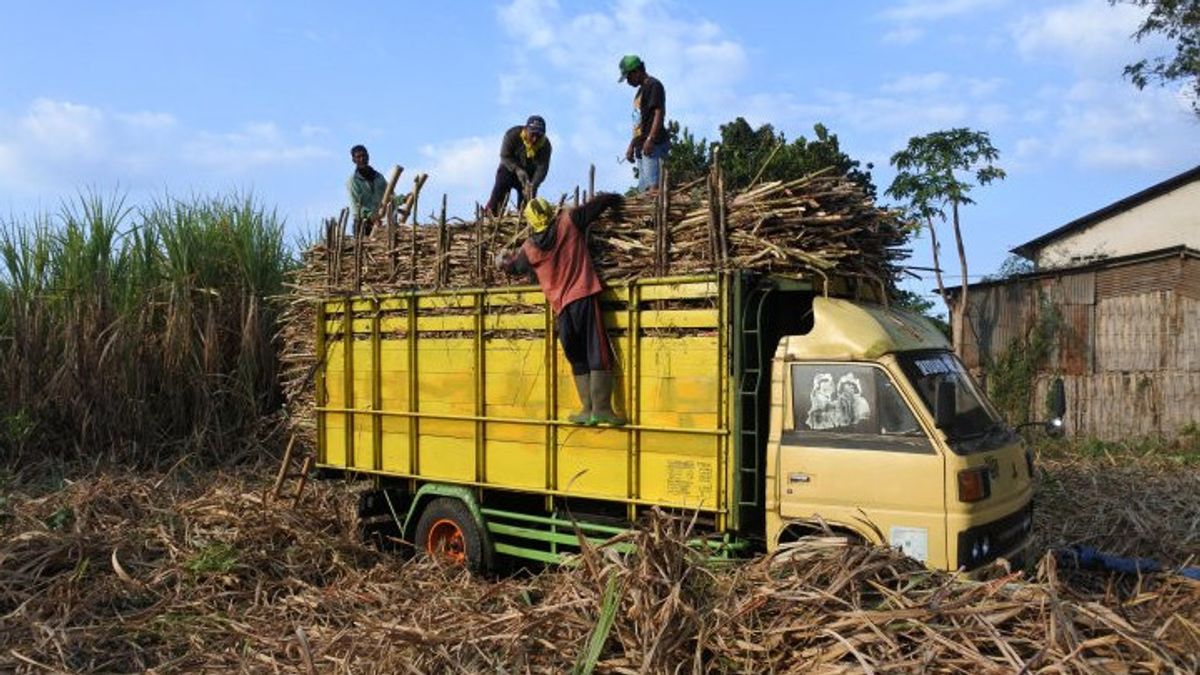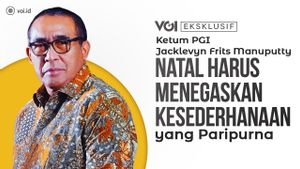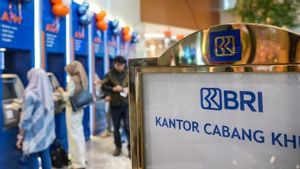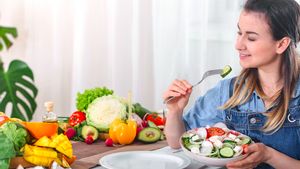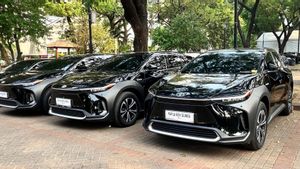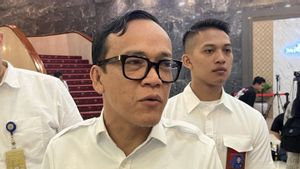JAKARTA - The Association of Indonesian People's Housing Farmers (APTRI) is worried that the Draft Presidential Regulation (Perpres) regarding the Acceleration of Self-Government in 2025 will open up the area of imports of these commodities, if later implemented.
In addition, according to the General Chair of the National Leadership Council (DPN) of APTRI Soemitro Samadikoen, the Presidential Regulation has the potential to become a monopoly event for SOEs because one of the main points regulated is that the government will facilitate PTPN III to import sugar.
Sugar self-sufficiency, said Soemitro, has actually been launched many times, starting in 2008, then continuing in 2013, but the sugar self-sufficiency target always misses.
"The sugar self-sufficiency target also always misses when targeted in 2019 and in 2022. And this is another self-sufficiency declaration in 2025. It's strange, self-sufficiency but in the end it's imported," said Soemitro in a statement quoted by Antara, Friday, September 30.
Soemitro assessed that the self-sufficiency program was never achieved because the government had never seriously implemented it.
In its provisions, he added, all companies (BUMN or private) that build new sugar factories for consumption sugar production are required to plant sugar cane, as compensation they receive an import quota of raw sugar or raw sugar for 5 years as raw materials.
"And so far there have never been strict sanctions for those who have received import permits but do not want to plant sugar cane," he said.
Secretary General of the DPN APTRI M. Nur Khabsyin added that the sugar self-sufficiency program launched by the government was hampered by policies that were not in favor of farmers.
For example, the policy of the Basic Price of Purchase (HPP) of sugar farmers which has never increased between 2016 and 2022.
Since the last few years, HPP has never moved from Rp9,100 per kg. It's only been the beginning of this year's milling, HPP has been increased to Rp11,500 per kg. Even though it goes up, actually the HPP has not been able to cover the cost of production (BPP) which has exceeded Rp12.000 per kg," he said.
In addition, there is also a HET (highest retail price) for sugar of IDR 12,500/kg during 2016-2022 which is very expensive for farmers, although the beginning of this year's milling season rose to IDR 13,500.
According to him, the government does not need to regulate the selling price of sugar because sugar does not belong to the government as does fuel, but it is enough to set a sugar cellphone.
"In addition, there is also a policy of revocation of fertilizer subsidies which causes fertilizer to be scarce and the price increases by 300 percent-500 percent, this makes BPP increase," he said.
What also inhibits sugar self-sufficiency is that every time you enter the milling season, imports of consumption sugar and leaking refined sugar in the market so that the price of farmers' sugar falls. This is considered to cause farmers to lose money and not be excited to expand sugarcane crops.
According to Khabisyin, the government actually does not need to issue a Presidential Regulation on the acceleration of self-sufficiency, because the previous program was good and there was already a roadmap.
"What needs to be done is actually only to collect promises for companies that have received import permits to carry out their obligations to plant sugar cane," he said.
Khabsyin reminded that if the Presidential Regulation was ratified and the sugar import faucet would be reopened, what would definitely be affected was farmers, because the price of farmers' sugar would fall.
The English, Chinese, Japanese, Arabic, and French versions are automatically generated by the AI. So there may still be inaccuracies in translating, please always see Indonesian as our main language. (system supported by DigitalSiber.id)
